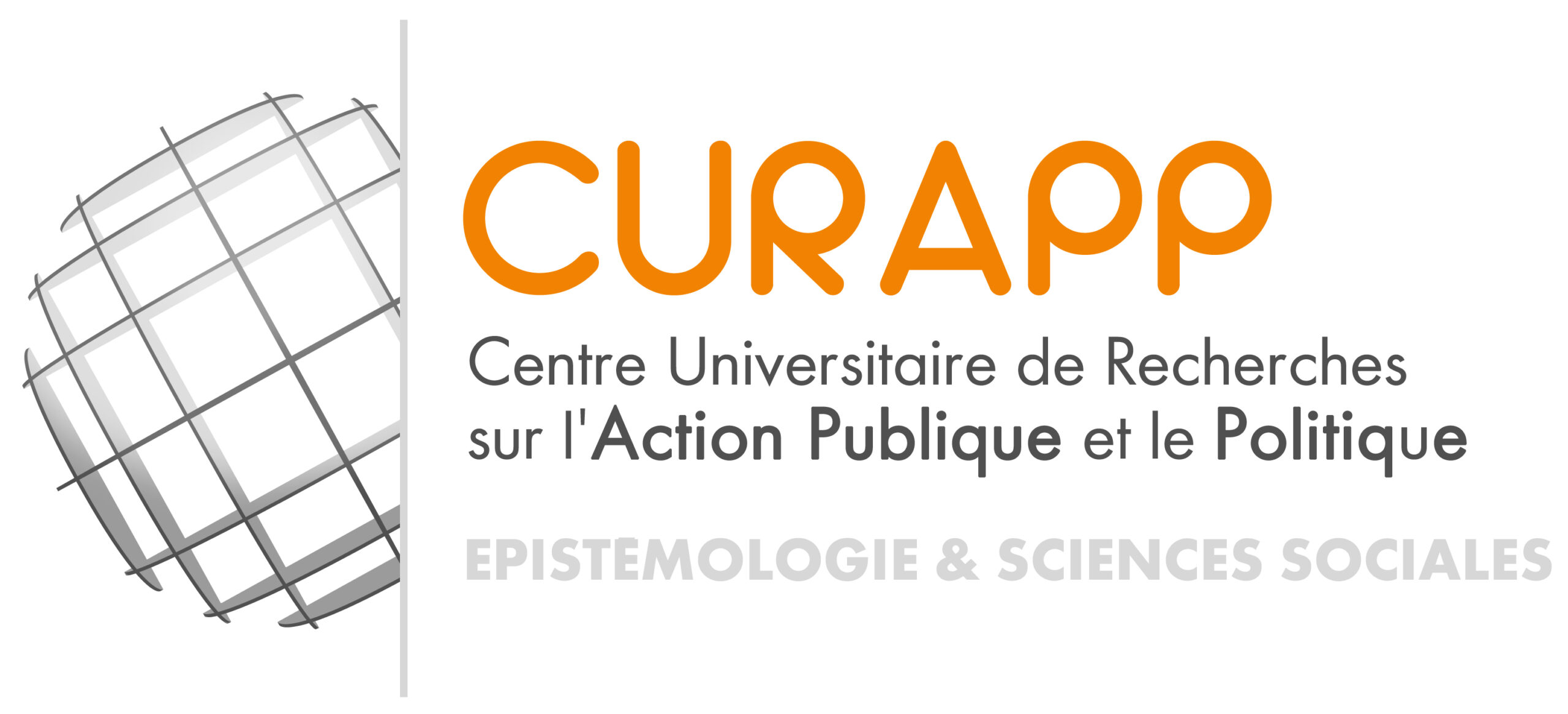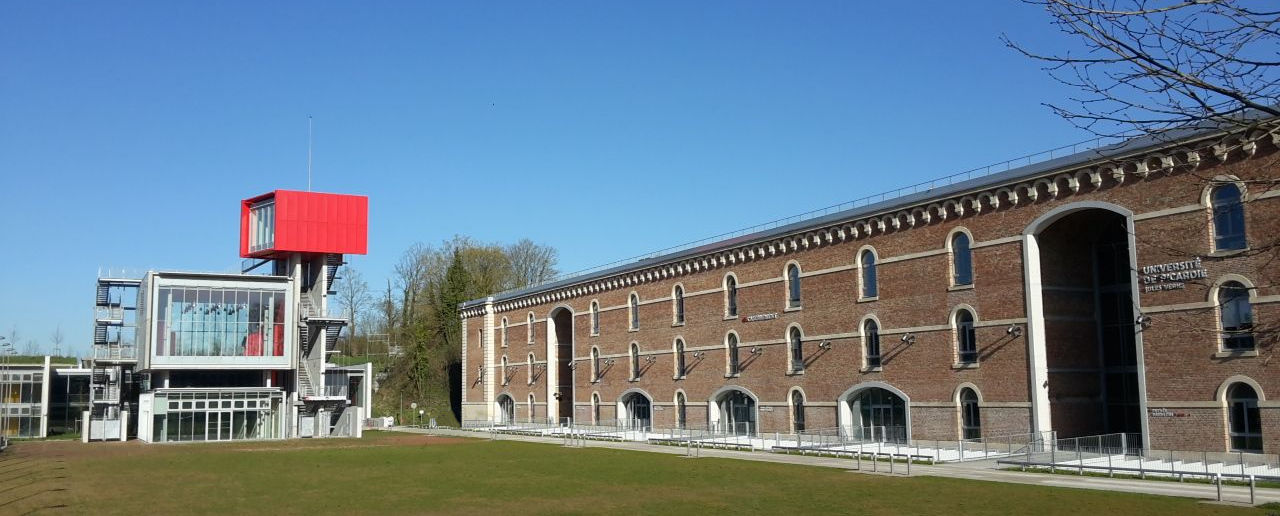Social relations, institutions, indicators
Within this last topic, social relationships (class, gender, racialization, generation relations) are both conceived as tools and as concepts. The paradoxes linked to target-specific public policies (policies for young children, youth or women’s rights policies, policies against senior dependence, but also all the policies that “fight against” school failure, crime, poverty or over-indebtedness) can be seminal issues to study social relationships and to highlight the logics that underpin social group division and construction. Researchers particularly examine how social, legal, security or academic programs tend to reproduce social inequalities.
They also explore new tools for analysis (especially with the creation of a national time-related social indicator database). Most research takes place in France, but a few projects take place in the Ivory Coast, Egypt, Mali or Senegal. Moreover, two National Research Agency projects (on justice and school, and on the joint analysis of educational paths and housing locations) address these questions with a comparative perspective (New Caledonia, French Guiana and Polynesia for the first project, France and Brazil for the second one). But the topics of these research projects are also the categorization and classification practices of the supposedly “high-risk” populations, the scholarly uses of those categorizations and their evolution. These studies contribute to the reflection on the forms and institutions of social control, but they also help understand how these power relationships, through the categorization and resistance that they may generate (between the institutional discourse and the representations of actors), can influence the making of identities and the construction of political relations to the social world.
Moral socializations and family
As a privileged instance of moral socialization, family is at the core of this issue. But school is not forgotten, and other fuzzier value transmission modes are also explored (literature, TV series). Sociologists, psychosociologists, philosophers and legal experts question the family normative framework, as family itself must be linked to politics and society due to its multiple and constantly changing definition. The DEVHOM National Research Agency project on same-sex families, and the project that follows the VENIROMOND National Research Agency project – on the relation between linguistic socialization and moral socialization – examine, in a longitudinal perspective, the links between family structure, living conditions and child socialization. For this purpose, they analyse the early internalization processes of the structuring principles of the social world, and the roles educators and children. The Investment Program for the Future (IPF or Programme d’Investissement d’Avenir, i. e. PIA) entitled “New opportunities for the youth in the coastal areas of Picardy: gain agency by participating in a local development project based on short supply chain economy” will enable to analyse the representations of family, professional future and politics specific to young people in a rural deindustrializing area. These research works thus question the relation to the body, to sexuality, to education, to the future, to obedience, to sanction or to the sense of fairness and unfairness, in order to apprehend the constitution process of a differentiated relation to the social world.

